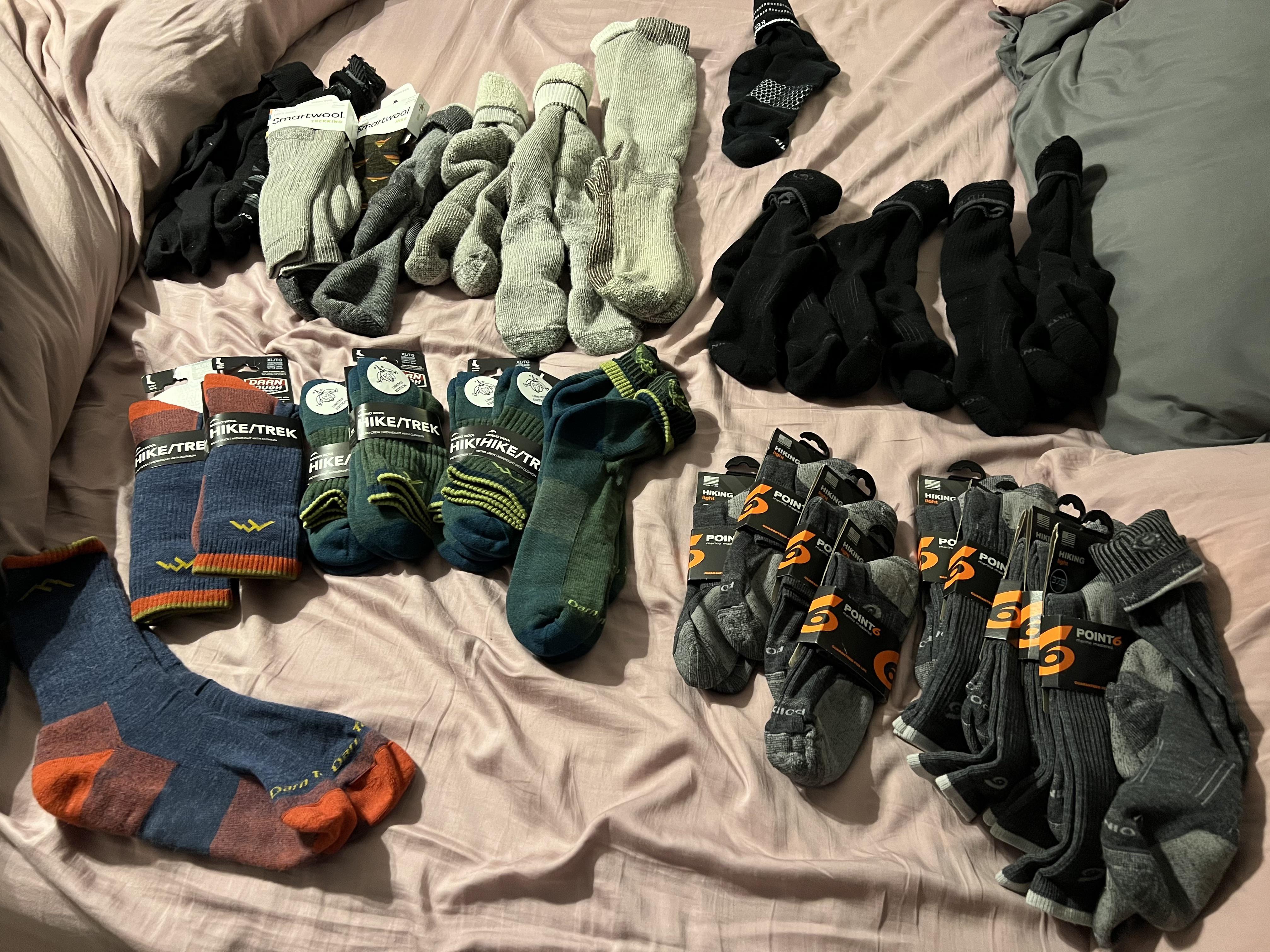
This information is recorded to document the number of school shootings and full scope of gun violence on school campuses.
They explain their reasoning clearly. Its not ‘artificially inflating the data’ but instead showing the full scope of gun violence. It shows that gun violence at schools has increased drastically since 2017. Even if that gun violence at schools didn’t occur during school hours or involve children in a classroom, it still affects the wider community.






















For anyone wanting to try inverted recipes, I recommend getting the pressure valve instead of inverting.
You don’t need the literal balancing act or risk spilling hot coffee sludge everywhere.
Edit: or the fellow prismo like OP mentioned, its the same function.